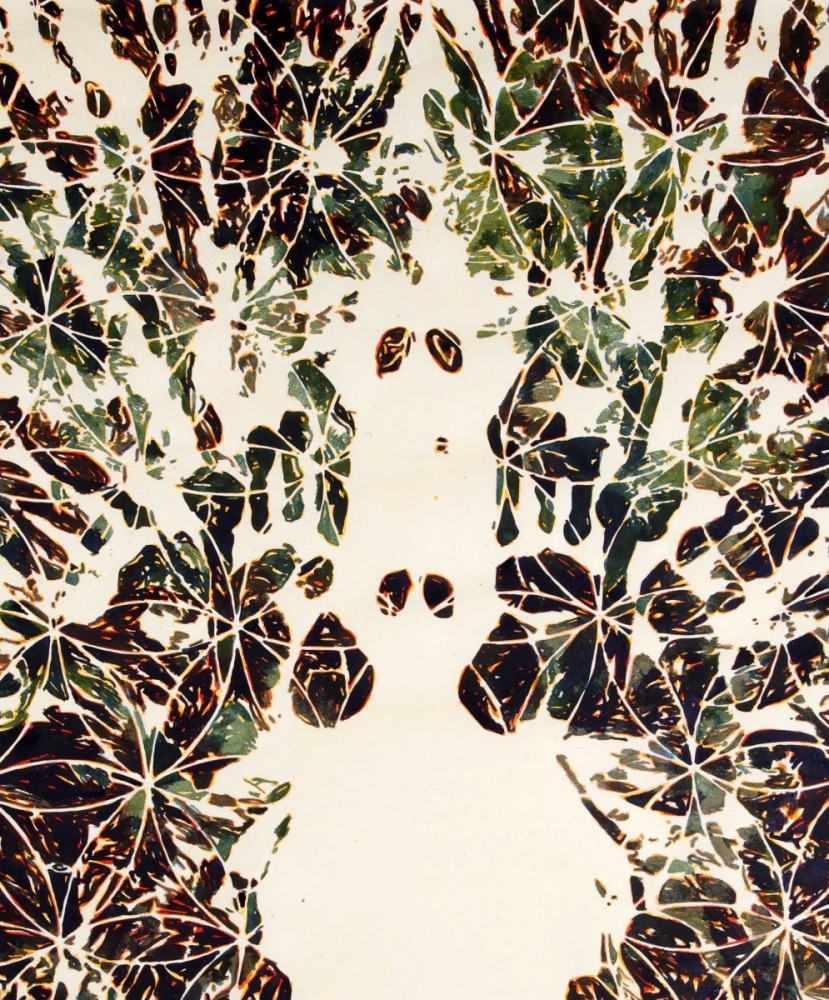Dr Dominic ffytche is a Senior Lecturer and Consultant at the Institute of Psychiatry at King’s College London and has recently completed a Wellcome Clinician Scientist Fellowship. He has a special interest in visual persception and its pathollogies and runs a Visual Perceptual Disorders Clinic at the Maudsley Hospital. Dr ffytche received a Bsc in Psychology/Basic Medical, an MBBS in Pathology Sciences and an MD (Thesis: The functional anatomy of visual hallucination content: insights from the Charles Bonnet Syndrome) from the University of London. He has exhibited a rich writing work with more than 64 publications in journals such as: Neuroimage, Neuropsychopharmacology, Brain Cortex, Schizophrenia Research, Schizophrenia Bulletin, Neurosurgery and Psychiatry, Psychiatry Research, International Psychogeriatrics, Journal of Neuro-Opthalmology, Current Opinion in Neurology, Nature, Behavioural Neuroscience, British Journal of Ophtalmology, Annals of Neurology, Psychological Medicine, Cognitive Brain Research, Neuroreport, European Journal Neuroscience, Psychological Medicine.
The work of British visual artist Mat Chivers looks at how the fundamental phenomena that exist below the surface of things inform the way we experience the world around us. The process of making draws on combinations of analogue and digital technologies in works that embody a hybridisation of old-world subjects and techniques with contemporary envisioning processes. His practice focuses at the location between data capture and its consequent interpretation in order to explore the ambiguous nature of perception. Mat Chivers has works in private and public collections nationally and internationally. He recently exhibited: at Kappatos Gallery, Athens (2013); for 55th and 54th Venice Biennales, Italy (2013, 2011); The Courtauld Institute of Arts, London (2012); Maddox Arts, London (2011); at the Athens Biennial and the Historical Archives Museum, Greece (2013).
Rob Davis, with reference to cybernetic principals is interested in adaptive systems that complete, negotiate and interact with their environment and other information processing entities. Utilising continuous rather than discretely varying systems, such as analogue neural networks, he attempts to engineer collections of electromechanical entities with emergent properties, that tend to self-organise their behaviour over time, developing increasingly complex and subtle relationships with each other and their surroundings.
show less
